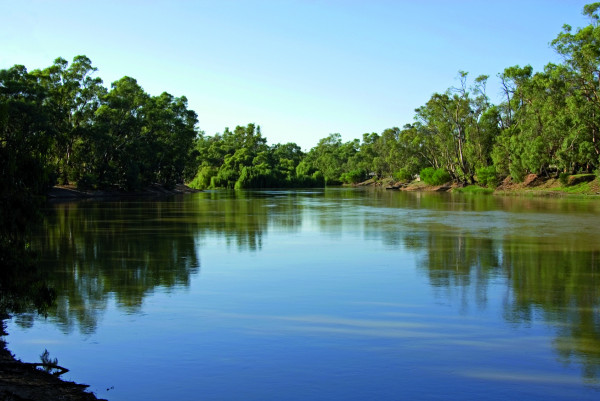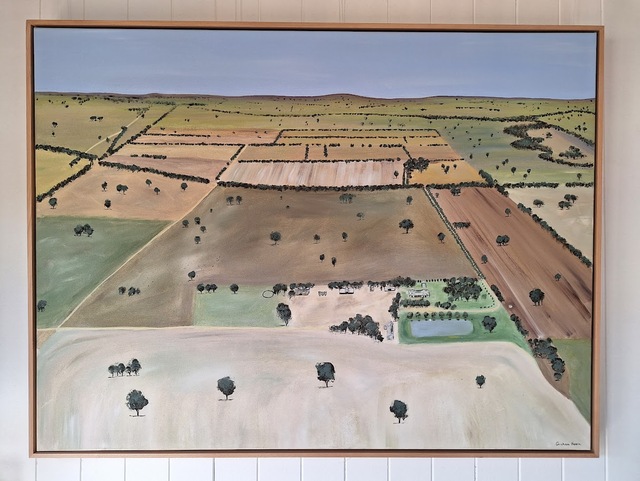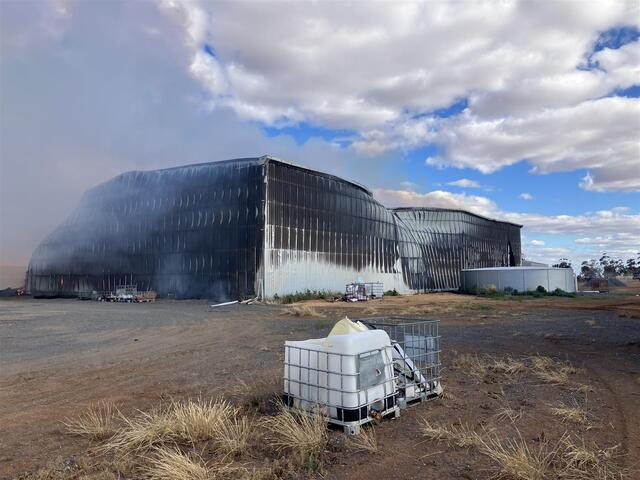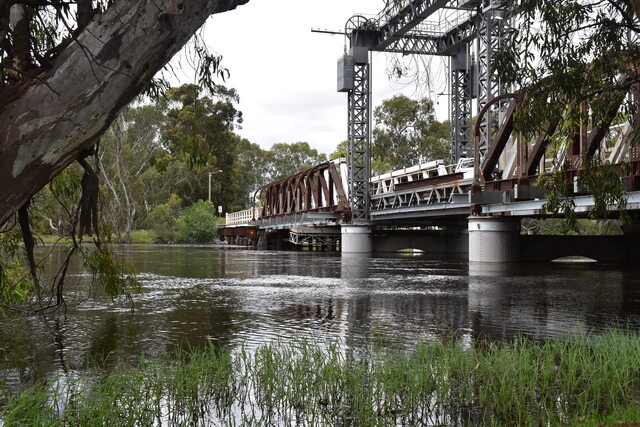THE Water Amendment (Restoring our Rivers) Bill is likely to have a significant impact on the water markets now and into the future, according to a water industry expert.
Political adviser turned water broker Jon Armstrong says the purpose of the amendments is to address the provision of more flexibility and tools and an extension of timeframes to deliver the Basin Plan, and to establish new rules for the water markets.
He believes the impact of the changes remains uncertain and will depend on when and how they are implemented.
He says the changes most likely to affect water markets, include:
· Voluntary buybacks of water entitlements.
· Ability for Commonwealth to buy land and water together to recover the water.
· Removal of cap on buybacks (this was previously set at 1500GL, but has now been removed).
· $100 million for First Nations water.
· A new water broker code of conduct and better water markets data.
“The Commonwealth will be in the market buying permanent entitlements between 2024 and the end of 2027 and any new buyer in the market will increase demand, and with it, price, as Canberra is likely to pay a premium,” Mr Armstrong explains.
“Although its expected focus on particular entitlement types and areas will vary the impact across basin.”
“Yes, there is potential for short-term price spike on the back of this much shopping, but it will be followed by a drop in entitlement value when the Commonwealth leaves the market once its water is recovered.
“Longer-term water products, such as entitlement lease rentals, may also rise.”
In the short term, Mr Armstrong says very little impact is likely in temporary allocation markets, as these changes will take a couple of years to come into full force.
Meaning, he says, any impact on the temporary market will be heavily determined by where most of the water is recovered from, whether from the southern connected basin, or the northern basin.
“In the long term, there could be a significant impact, with the possibility of an allocation shortfall for permanent plantings in dry years if most of the water is recovered in the southern basin,” he says.
“With the Commonwealth’s recent release of its draft plan for the 450GL recovery target, it is clear the focus of buybacks initially will be on southern basin private diverters.”
“But no firm date has been given to us yet, only that it will start at some point this year – so watch this space.”
Mr Armstrong says any water holders considering selling permanent entitlements need professional advice before making those decisions.
He says Ruralco Water’s brokers are up-to-date with what the Commonwealth is doing, have pricing and market intelligence and can guide you through the benefits and pitfalls of selling to the Commonwealth.
















